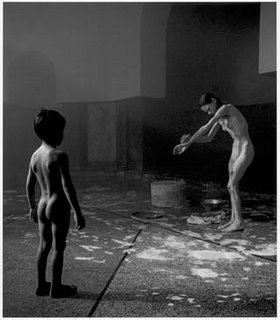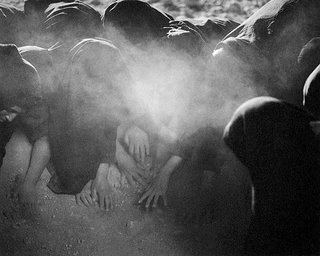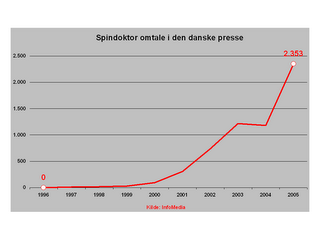
I have been wanting to read 'Stiffed' ever since I bought it - together with Faludi's thought-provoking book 'Backlash' - in an American bookshop in Amsterdam. Hopefully I will find time in the new year.
What's up, Europe? Gender, media and European integration. The story of a a young Dane exploring the continent.


 In 1789, in the French Revolution, French citizenship was defined in the document, Declaration of the Rights of Man and of the Citizen. From 1789 until 1944, French citizenship was limited to males -- even though women were active in the French Revolution, and many assumed that citizenship was theirs by right of their active participation in that historic liberation battle.
In 1789, in the French Revolution, French citizenship was defined in the document, Declaration of the Rights of Man and of the Citizen. From 1789 until 1944, French citizenship was limited to males -- even though women were active in the French Revolution, and many assumed that citizenship was theirs by right of their active participation in that historic liberation battle. 


 Merrill Beth Nisker (born 1968), better known as Peaches, is an electroclash artist. Her songs are mainly concerned with sex. Before she became "Peaches," she was an elementary school teacher and librarian.
Merrill Beth Nisker (born 1968), better known as Peaches, is an electroclash artist. Her songs are mainly concerned with sex. Before she became "Peaches," she was an elementary school teacher and librarian. "Have you any notion how many books are written about women in the course of one year? Have you any notion how many are written by men? Are you aware that you are, perhaps, the most discussed animal in the universe?"
"Have you any notion how many books are written about women in the course of one year? Have you any notion how many are written by men? Are you aware that you are, perhaps, the most discussed animal in the universe?" What you are about to read is really a curiosity.
What you are about to read is really a curiosity.| Your Inner European is Dutch! |
 |
 Shirin Neshat was born in Iran in 1957, and presently lives and works in New York. The way in which she gives form to her theme makes the tensions between her original background and Western culture visible.
Shirin Neshat was born in Iran in 1957, and presently lives and works in New York. The way in which she gives form to her theme makes the tensions between her original background and Western culture visible.
Passage, 2001 (video)
The Last Word, 2003 (video)

 'Imagine this' is an audio mash up of president Bush singing the John Lennon hit 'Imagine'.
'Imagine this' is an audio mash up of president Bush singing the John Lennon hit 'Imagine'. It has been a while since my last post but I have spend the last weeks on moving to Denmark and getting in place for the summer. Until the 1st of August I will be vacating at a friend's place and looking at her humourous choice of bathroom decoration I already feel at home.
It has been a while since my last post but I have spend the last weeks on moving to Denmark and getting in place for the summer. Until the 1st of August I will be vacating at a friend's place and looking at her humourous choice of bathroom decoration I already feel at home.
Women | Men | |
Share of world property | 1% | 99% |
Working hours/ income | 60% (hours); 10% (income) | 40% 90% |
Illiterates/ refugees | 60% (I) 80% (R) | 40% 20% |
“Men and Love”
In the programme about men and love we look at the group of men that have a hard time catching the independent Nordic women that tend to leave the small villages and take a higher education in the cities, leaving behind a group of heart aching under- graduated men. The programme shows the men’s dilemma, but also how inventive souls have taken positive steps to free themselves from their misfortune.
Poor guy, the Nordic Man.


